Researchers at Ohio State University have discovered that personalized algorithms can quietly sabotage how people learn, nudging them into narrow tunnels of information even when they start with zero prior knowledge. In a recent study, participants using algorithm-curated clues explored less, absorbed a distorted version of the truth, and became oddly confident in their wrong conclusions. This pattern may quietly distort understanding across a wide range of topics.
According to the study, participants who relied on algorithm-curated clues were more likely to form strong but incorrect beliefs, even when they had no prior knowledge on the subject. "We found that people who used the algorithm-curated clues were more likely to get stuck in a narrow tunnel of information and were less likely to explore alternative perspectives," said Dr. Emily Chen, lead researcher on the study. "This can lead to a distorted understanding of the truth and a lack of critical thinking skills."
The study suggests that personalized recommendation systems, such as those used on YouTube, can interfere with how people learn and form opinions. These systems use complex algorithms to curate content based on a user's past behavior and preferences. While these systems can be effective in providing personalized recommendations, they can also create a "filter bubble" that limits exposure to diverse perspectives and alternative viewpoints.
The researchers used a simulated learning environment to test the effects of algorithm-curated clues on participants' learning outcomes. In the study, participants were presented with a series of clues related to a specific topic, and were asked to use those clues to form an opinion. The researchers found that participants who used the algorithm-curated clues were more likely to form strong but incorrect beliefs, even when they had no prior knowledge on the subject.
The implications of this study are significant, as they suggest that personalized algorithms can shape not only opinions, but also the very foundation of what someone believes they understand. "This is a concern because it can lead to a lack of critical thinking skills and a distorted understanding of the truth," said Dr. Chen. "It's essential that we consider the potential consequences of these algorithms and take steps to mitigate their effects."
The study's findings have important implications for society, as they suggest that personalized algorithms can have a profound impact on how people learn and form opinions. As technology continues to evolve and become increasingly integrated into our daily lives, it's essential that we consider the potential consequences of these algorithms and take steps to mitigate their effects.
In response to the study's findings, some experts are calling for greater transparency and accountability in the development and use of personalized algorithms. "We need to be more mindful of the potential consequences of these algorithms and take steps to ensure that they are used in a way that promotes critical thinking and a nuanced understanding of the world," said Dr. Rachel Kim, a leading expert in AI ethics. "This requires a collaborative effort between researchers, policymakers, and industry leaders to develop and implement more transparent and accountable algorithms."
The study's findings are the latest in a growing body of research on the impact of personalized algorithms on human behavior and cognition. As technology continues to evolve and become increasingly integrated into our daily lives, it's essential that we continue to explore the potential consequences of these algorithms and take steps to mitigate their effects.
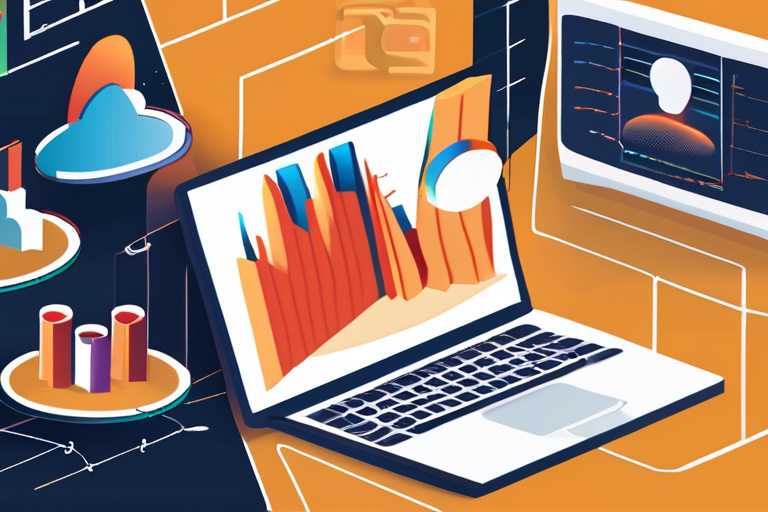


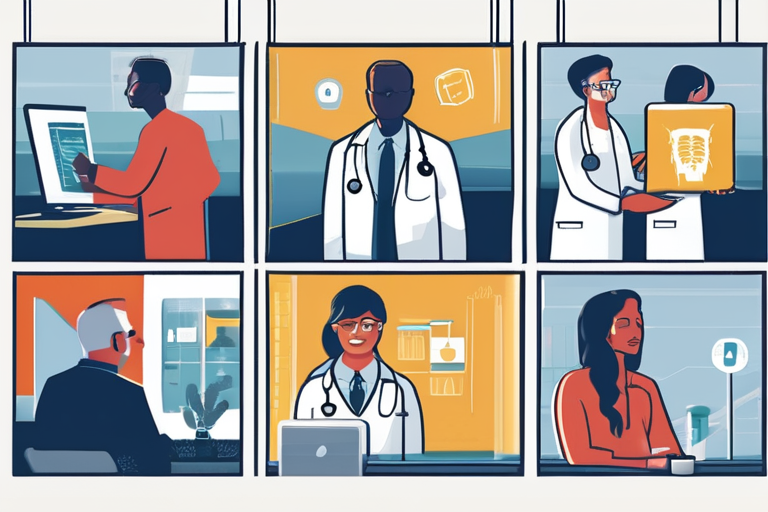
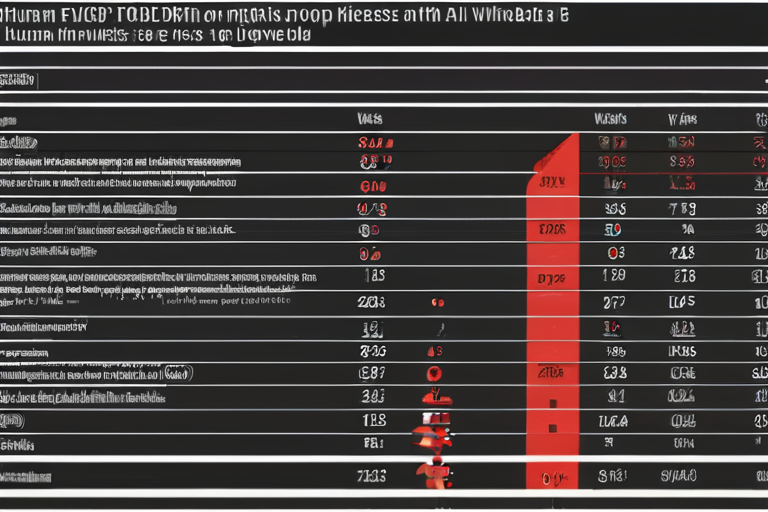
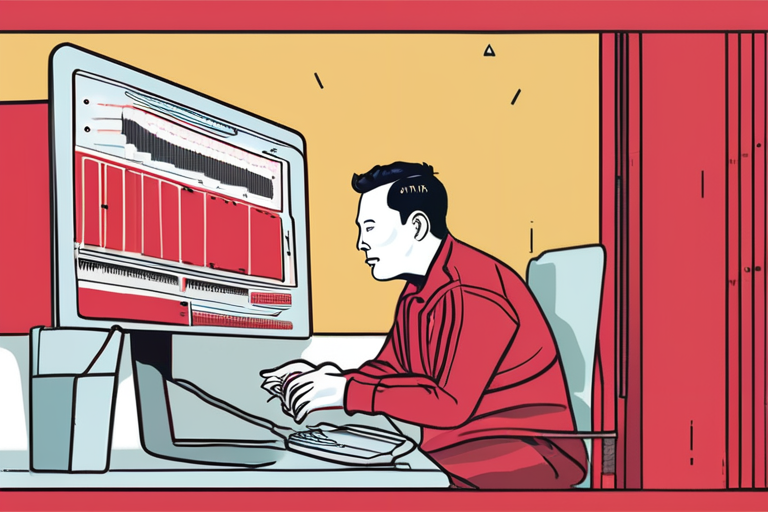
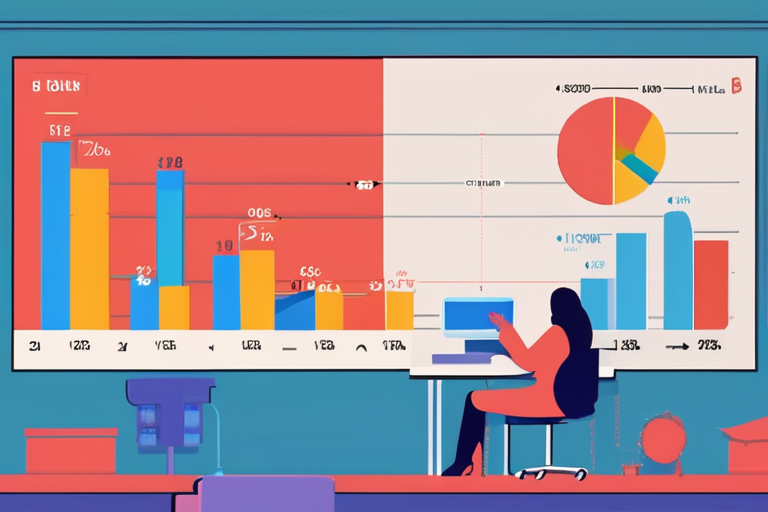
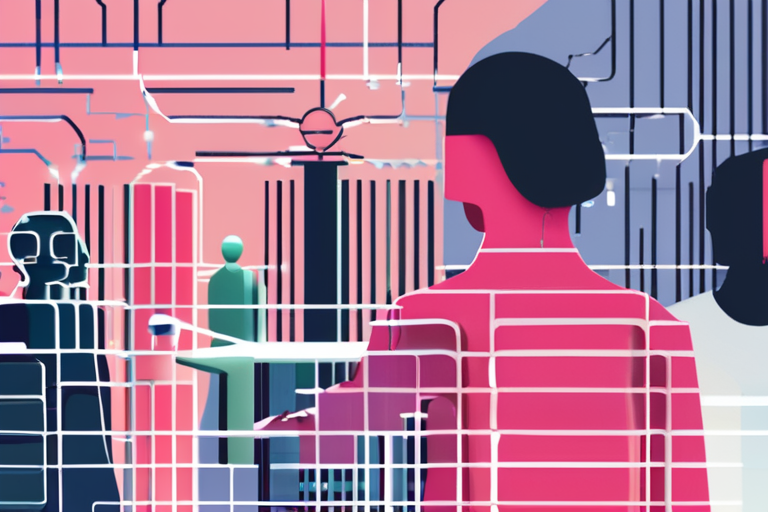
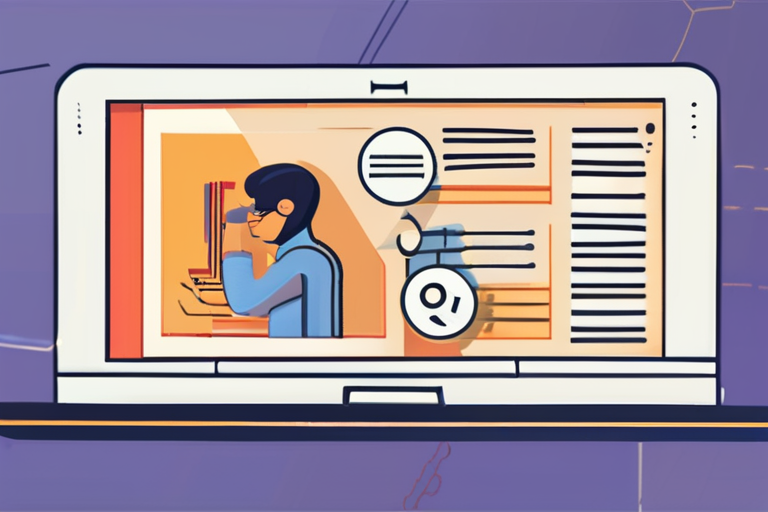
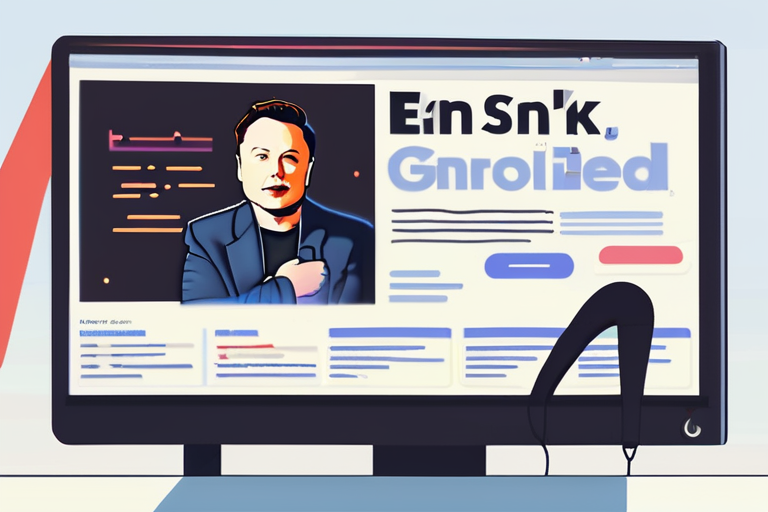
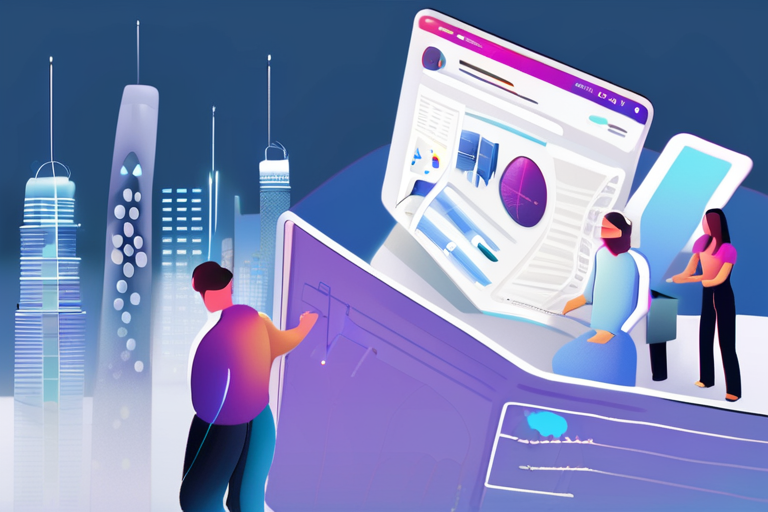
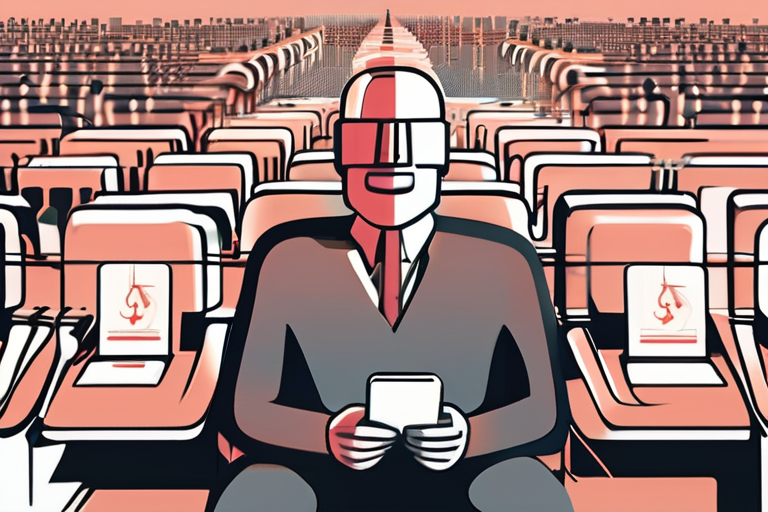
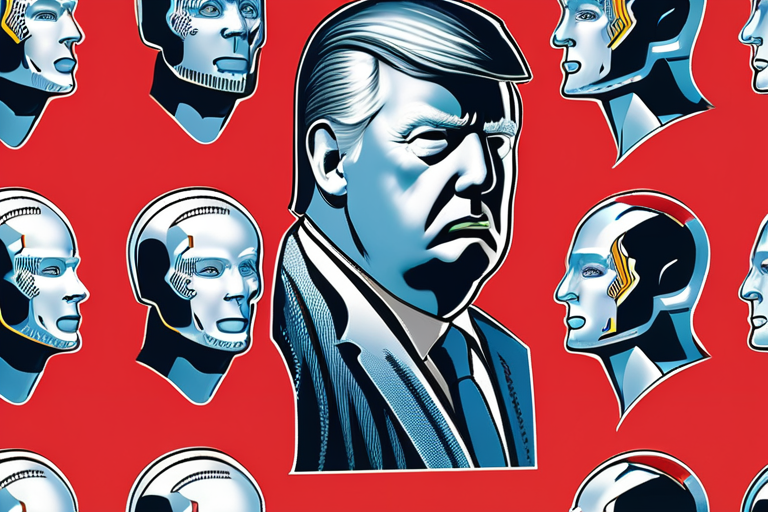

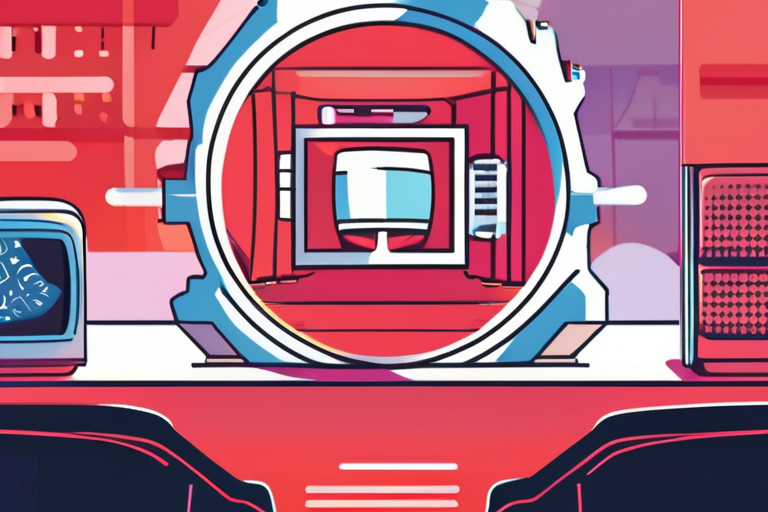
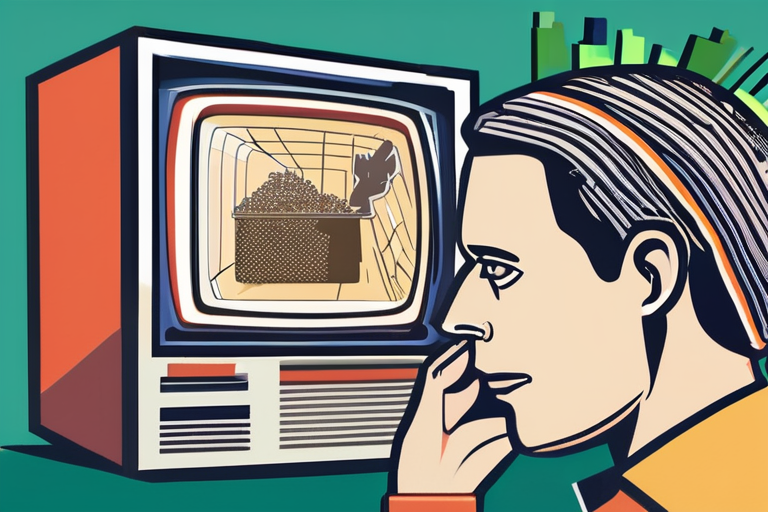
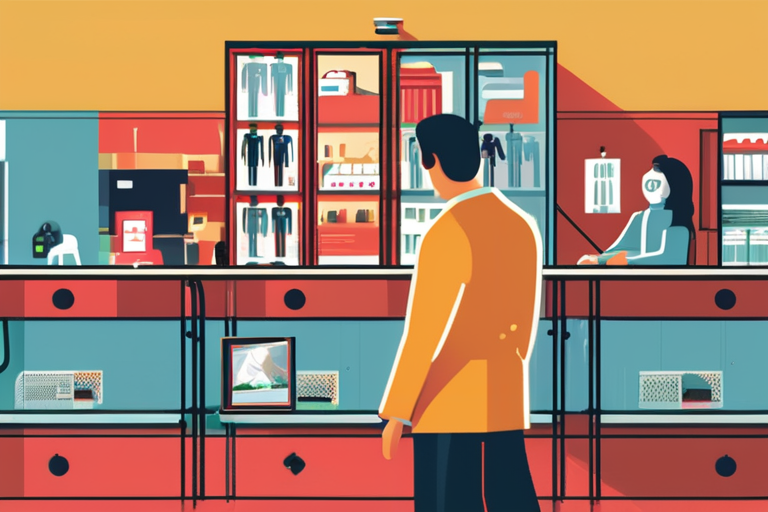

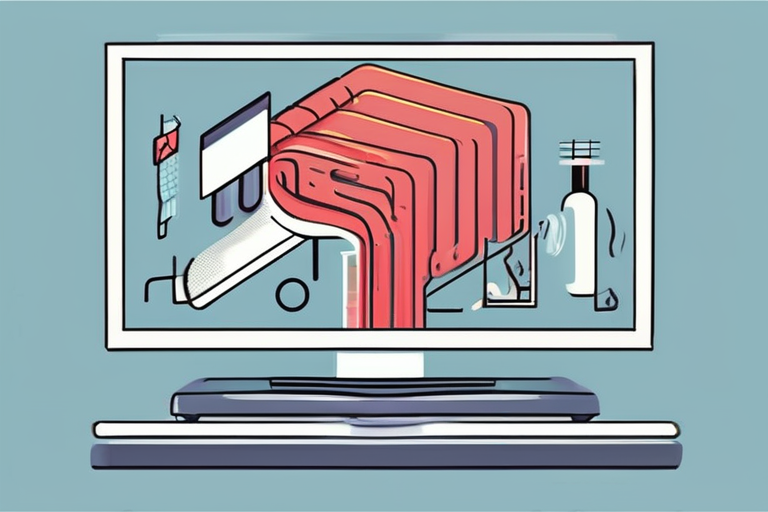
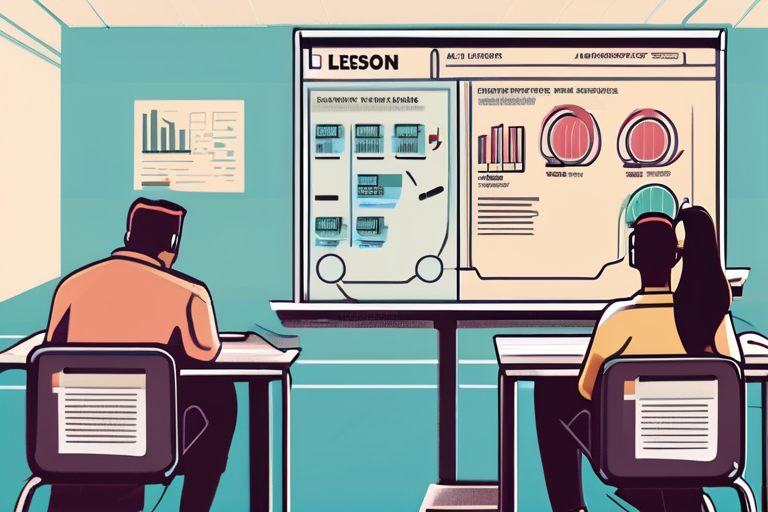
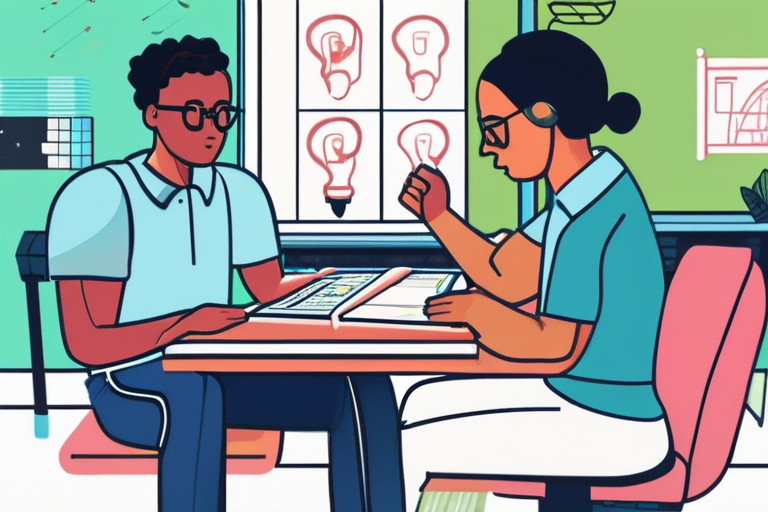
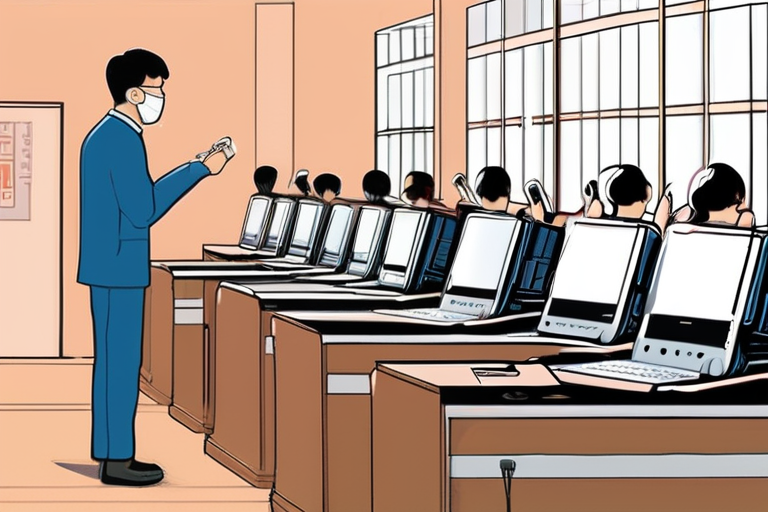
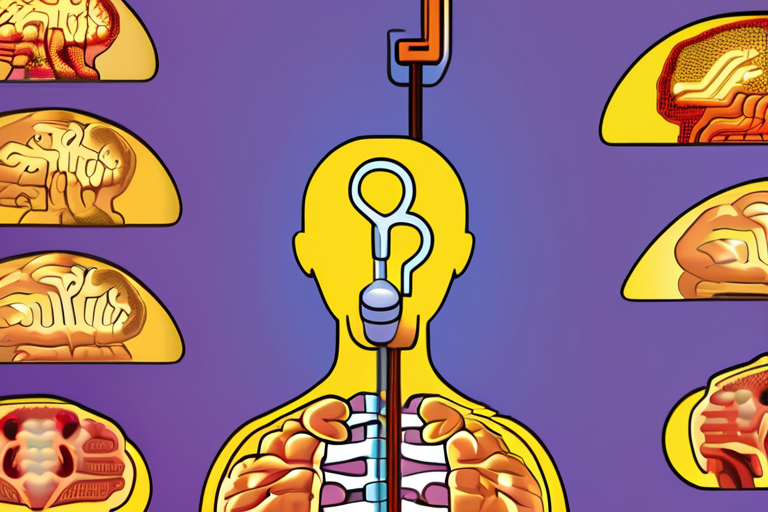

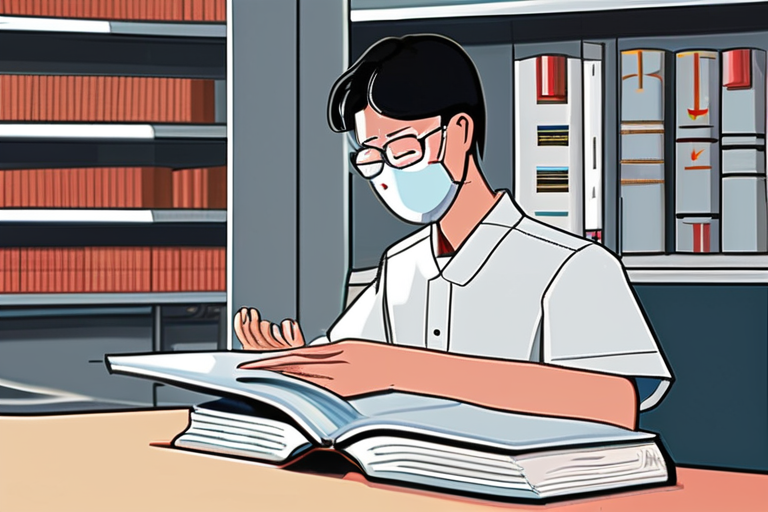
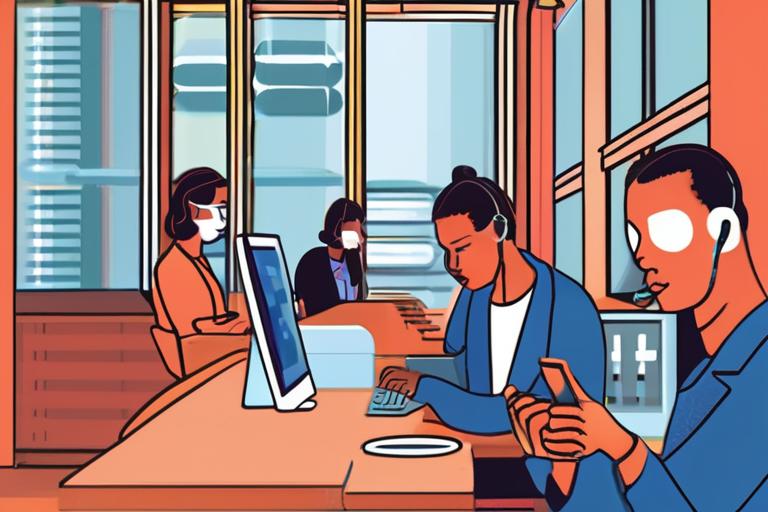
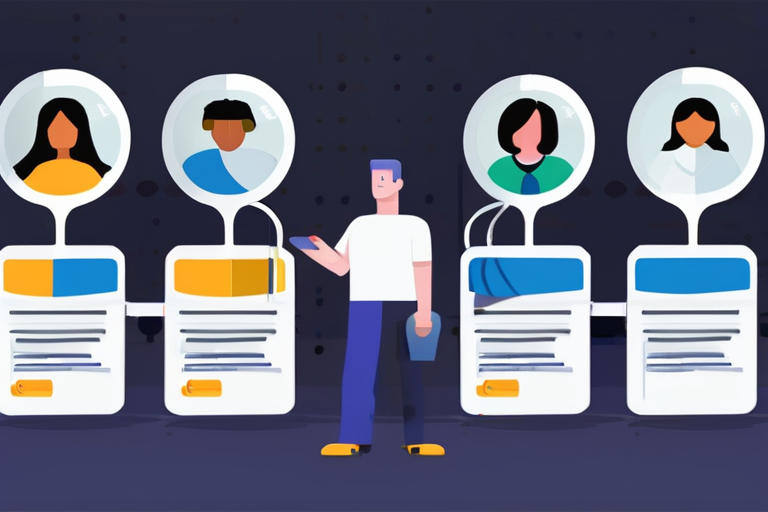
Share & Engage Share
Share this article